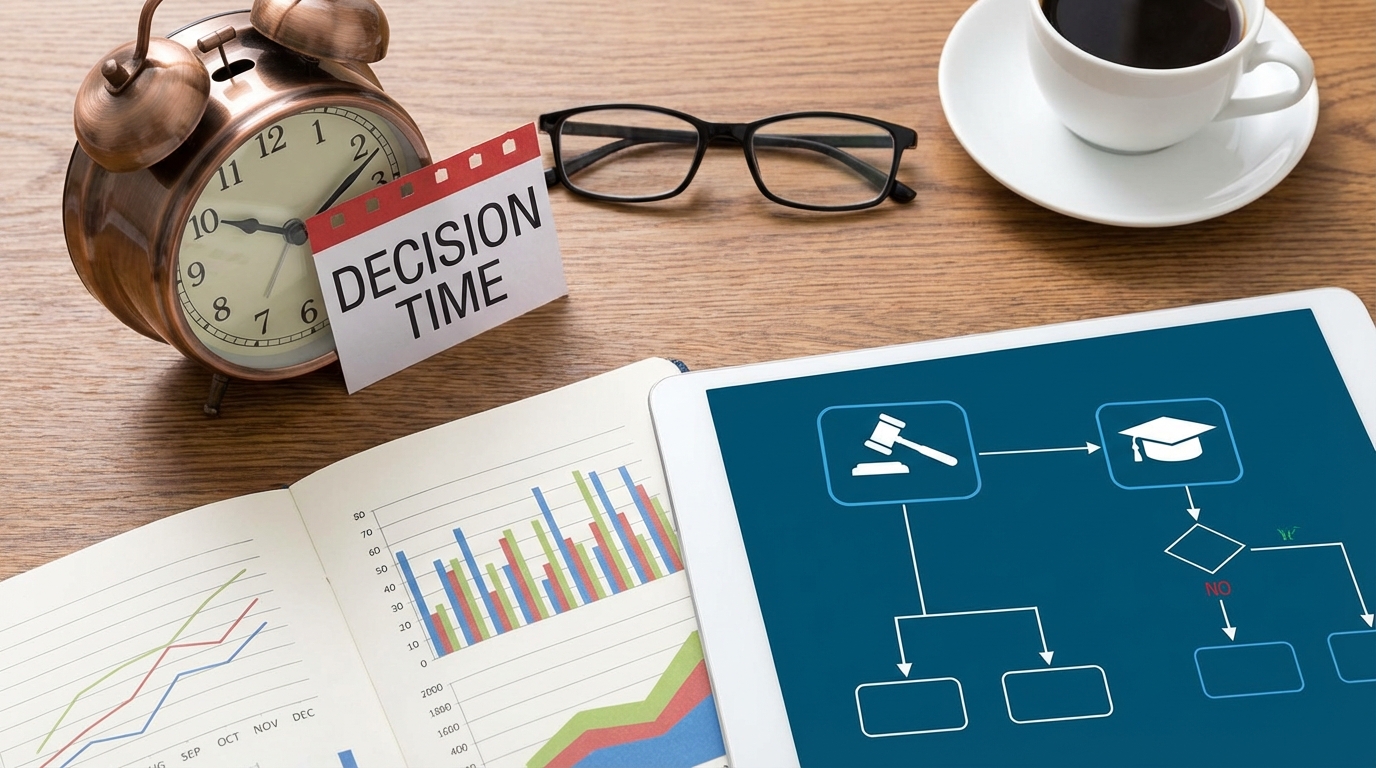Whether or not to file for bankruptcy is a huge decision with a lot of consequences. When you start researching the topic, you’ll see a lot of those consequences detailed and most of them will be negative, even dire. Your credit will be ruined for years! You’ll never be able to buy a home! Your insurance premiums will skyrocket!
Bankruptcy is already a hard decision, a scary decision and when people only see the negative consequences, it can frighten them out of opting for bankruptcy even if it is the best decision for them, their family and their circumstances. And no one should make a decision about anything with only one side of the argument. There are benefits of bankruptcy. Take a look at them before making your decision.
Bankruptcy Can Save Your Home
If your home is under the threat of foreclosure, filing for bankruptcy can halt the process. By stalling the process, you can buy yourself some time to get caught up on late payments. If you have a fair amount of equity built up, it may be worth saving your home from being foreclosed on.
Bankruptcy Can Save Your Paycheck
If your wages or bank accounts have been garnished by your creditors, bankruptcy can help. Once you file, even before the court approves your bankruptcy, an automatic stay goes into effect. This means creditors have to cease the garnishments.
The Calls and Letters Will Stop
The same process described above for garnishments happens with the (sometimes abusive) telephone calls, letters, and servers delivering lawsuits filed against you. All of these things cease when you file for bankruptcy.
Bankruptcy Simplifies Things
We know that one of the biggest fears people have about filing for bankruptcy is the damage to their credit report and score. And that’s a legitimate fear, credit reports and scores and important and greatly impact our financial lives.
But if you’re in a position where you’re considering bankruptcy, you almost certainly already have numerous missed debt payments, defaulted loans, repossessions, etc. Those things aren’t doing your credit report and score any favors either. In the future when you’re in a position of explaining your credit history to someone like a potential lender or landlord, you can simply state that you filed for bankruptcy rather than listing all of the individual things showing up on your credit history and trying to explain each one.
You’ll Learn to Live Without Credit Cards
Once you file for bankruptcy, most credit card companies will probably cancel your cards. You might think this is a disadvantage of bankruptcy at first but it will benefit you in the long run. Odds are, your use of credit cards is part (or all) of the reason you find yourself in a position to contemplate bankruptcy in the first place.
Used well, credit cards can be a helpful tool but when they’re misused or used in place of having an emergency fund (we recognize not all credit card spending is frivolous) they can devastate your finances and your life.
Learning to live on cash alone forces you to reign in your spending and cut out unnecessary expenses.
You’ll Learn Some Things
Many people get into financial trouble because our educational system spends so little time teaching us good financial habits. And if your parents didn’t teach you about money, you’re just sort of left to figure things out on your own and many of us get it completely wrong. Sure the information is out there and we could find it, but really, most of us consider personal finance to be a pretty boring subject and we’d rather spend our time learning about more interesting things.
But even a few basics on personal finance can help us stay out of trouble or in the case of filing for bankruptcy, help us avoid making the same mistakes that led us to bankruptcy. In order to receive your bankruptcy discharge, you’re required to take a debtor education course once you’ve filed.
The course teaches important, useful personal finance skills including how to create a budget, how to use credit cards wisely, ways to deal with an unexpected financial emergency, and what your rights as a consumer are. The course can even be taken online, making it very convenient.
Bankruptcy is a Clean Slate
People make financial mistakes that they regret and learn from. And people end up in terrible financial situations through no fault of their own (medical expenses, a job layoff, etc). Ever how you ended up considering bankruptcy, completing the process gives you a fresh start, a do-over.
This fresh start not only lifts a financial burden, but it also lifts (perhaps an even bigger) psychological burden. Money problems are extremely stressful not only for you but for those closest to you as well. Bankruptcy can alleviate this stress and allow you to start rebuilding your life and your finances.
It’s Not All Bad
We’re not trying to downplay the consequences of filing for bankruptcy, they’re serious and have long-term consequences. But not filing for bankruptcy when it’s a legitimate option means you won’t be able to take advantage of the many benefits that filing bankruptcy can offer too. Consider both sides of the equation before making your decision.








